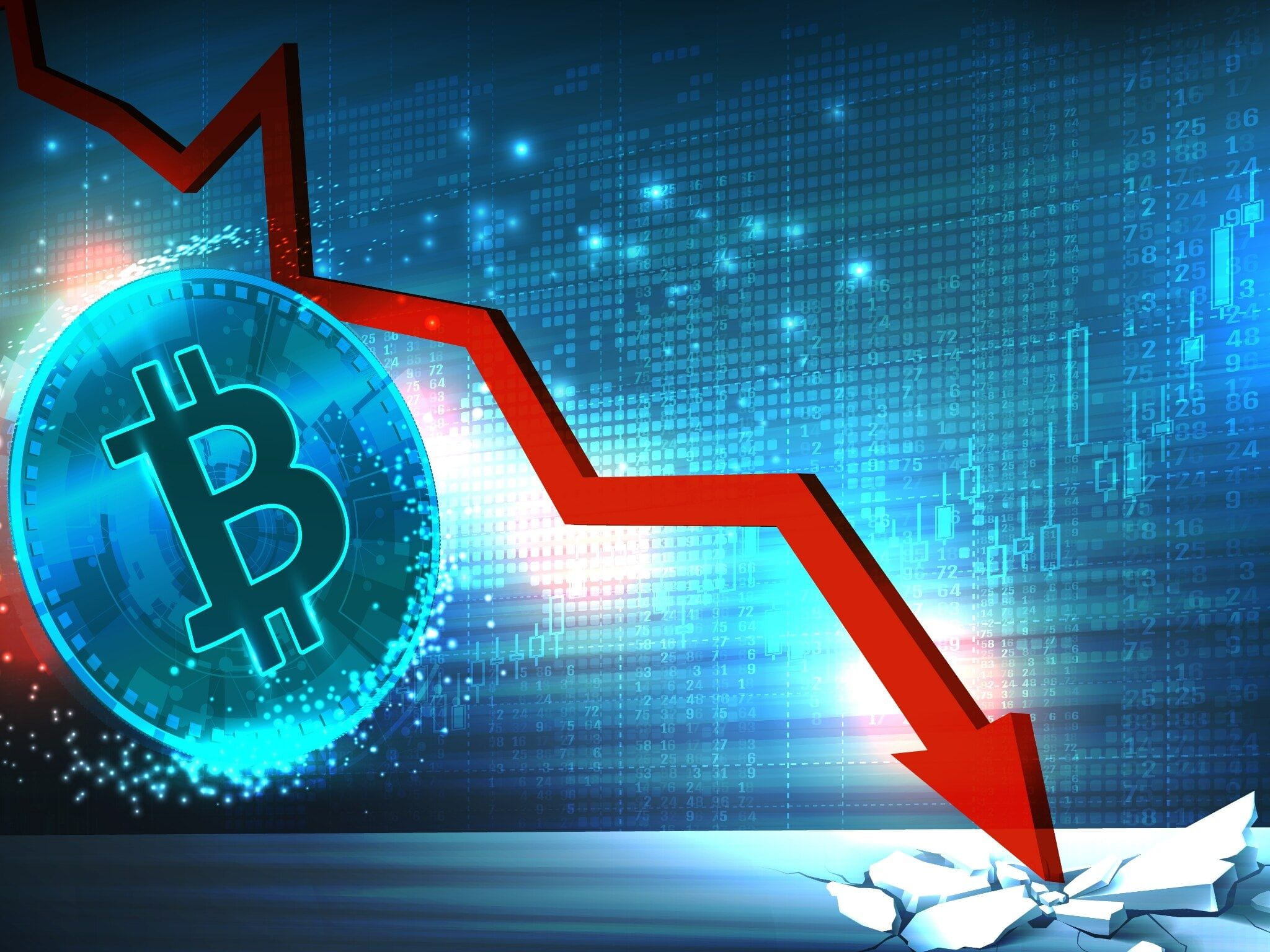Significant, progressive declines, without any major reasons triggering this correction. The crypto market is in deep red, with several of the main tokens having losses close to 10% and those more risky and volatile experiencing even more significant losses.
Bitcoin falls below $115,000, Ethereum remains at $3,600, Ripple drops below $3, which was coming from a relatively good moment, materialized after the US elections and had regained strength in recent weeks. A collapse in every sense, started yesterday afternoon, when there should have been a celebration for a huge step forward for the entire sector in the US.
Crypto collapse: it's an August 1st of... blood.
Deep red especially on the more risk-on cryptos. While it's true that Bitcoin is not performing very well in terms of price, it's equally true that what is causing investors the most pain are the lower market cap cryptos.
Among the worst of the day $SPX SPX6900, which loses almost 20% over the last 24 hours. Bad also for $PUMP of Pump dot fun and also Ethena $ENA, which had seen the largest gains last week.
Also bad for protocols related to Solana, particularly for decentralized exchanges like Raydium and Jupiter, this is also a sign of a generally risk-off sentiment and a reduction of exposure to the most risky assets.

How much do Coinbase's quarterly results weigh?
Probably yes. Coinbase has published quarterly results below the (in our view excessive) expectations of Wall Street analysts, which has caused the stock to lose over 7% during after-hours trading.
A sign of distrust for the entire sector? Yes, although briefly - with other broader evaluations that, at least in the opinion of the writer, should be made over time and with a less short-term perspective.
Markets in turmoil also due to macro data?
Today at 2:30 PM we will have the US unemployment data. Data that should not present excessive concerns and that at the same time should provide a relatively positive picture for the economy.
If the labor market holds, the signals are more than positive for a potential soft landing, that is, for a possible return to normality characterized by lower rates without necessarily experiencing a recession.



